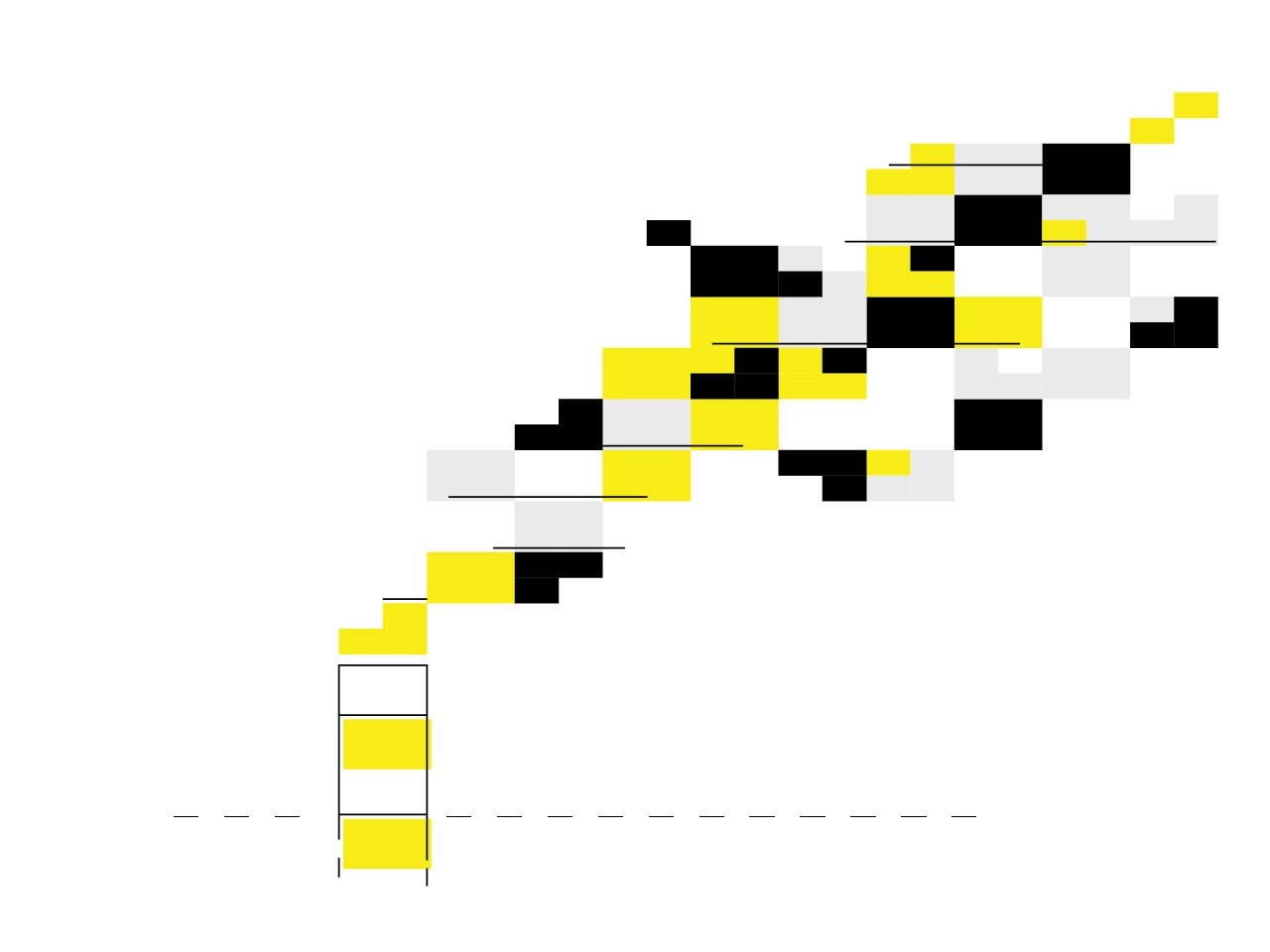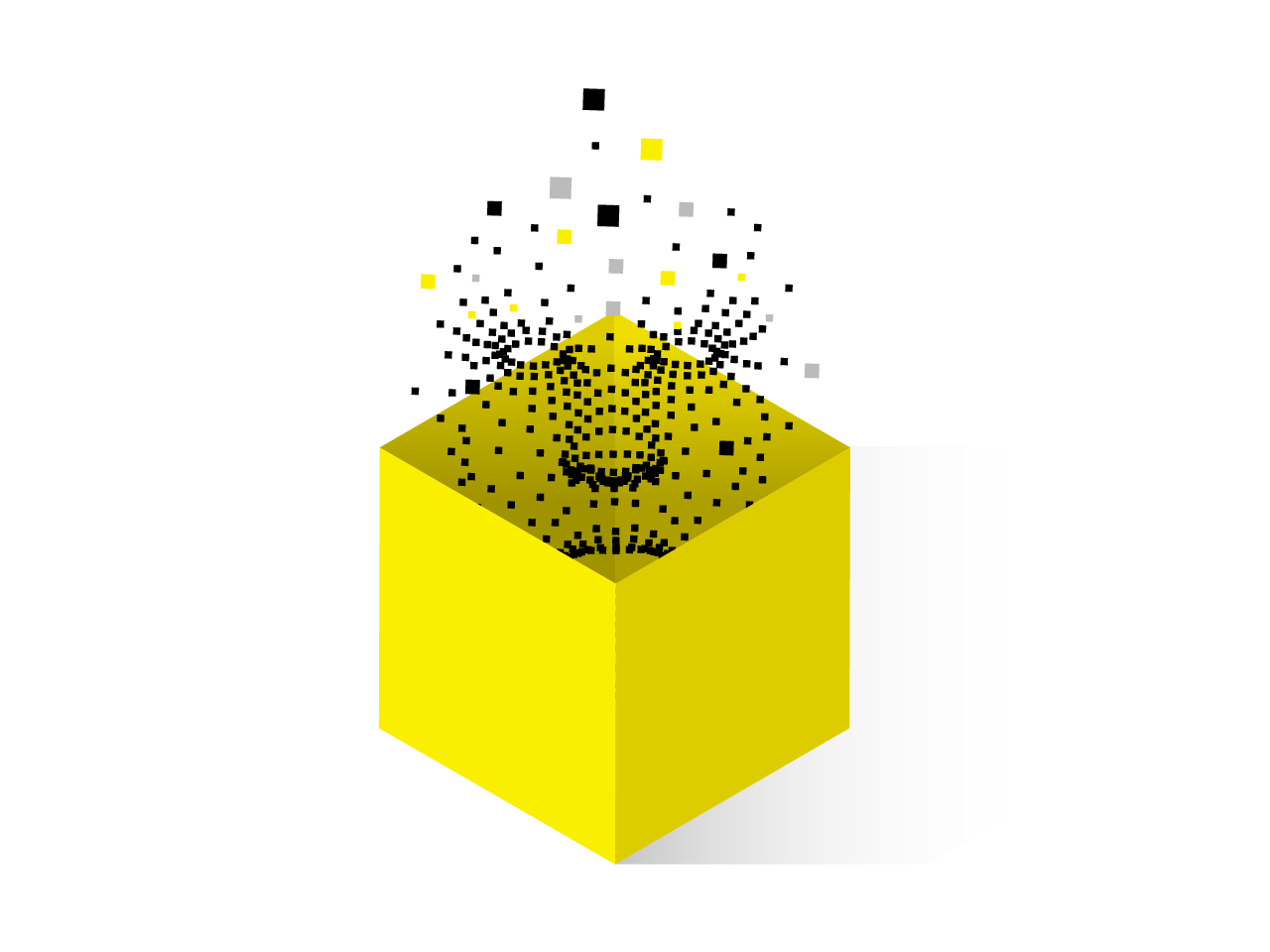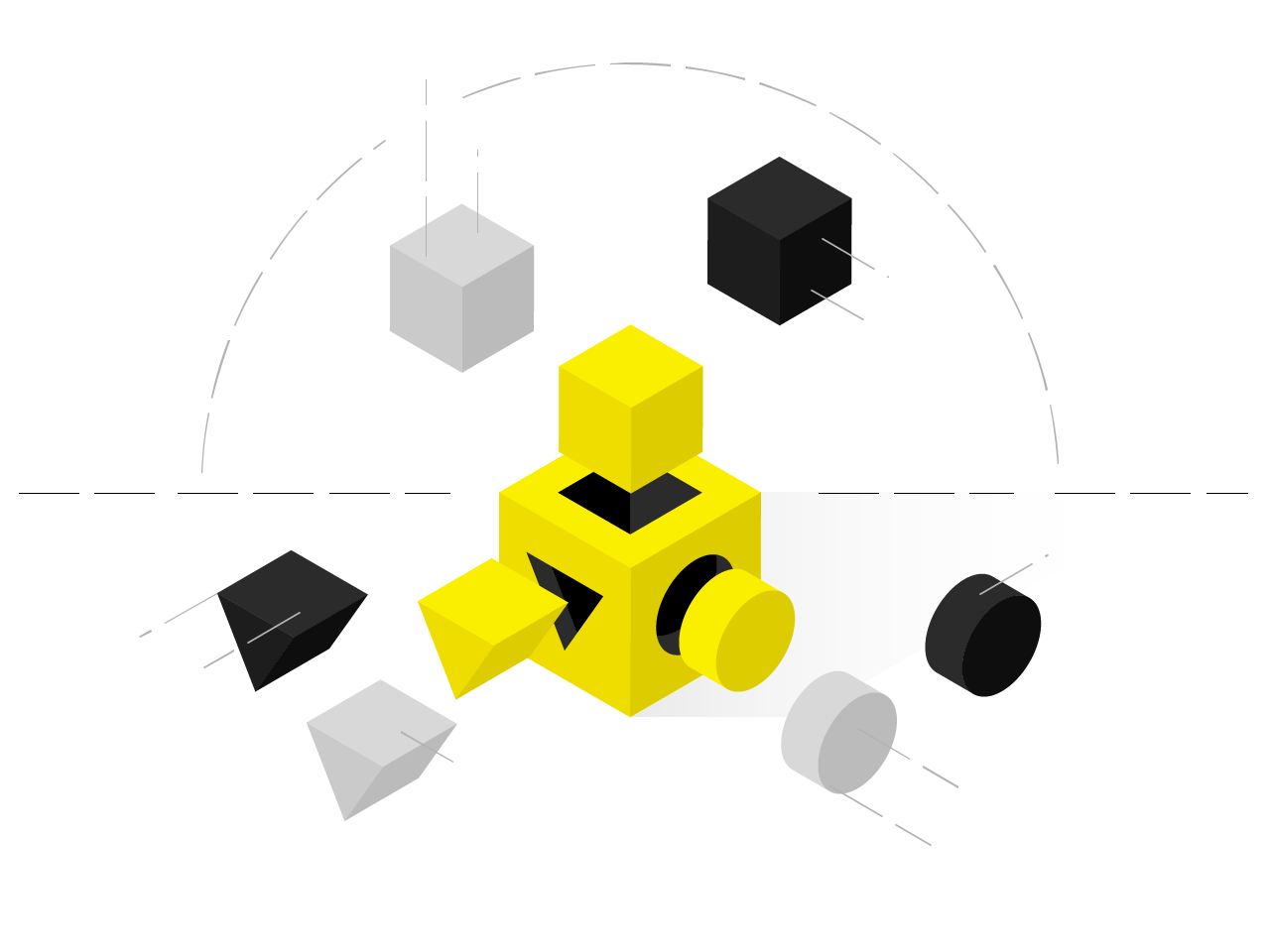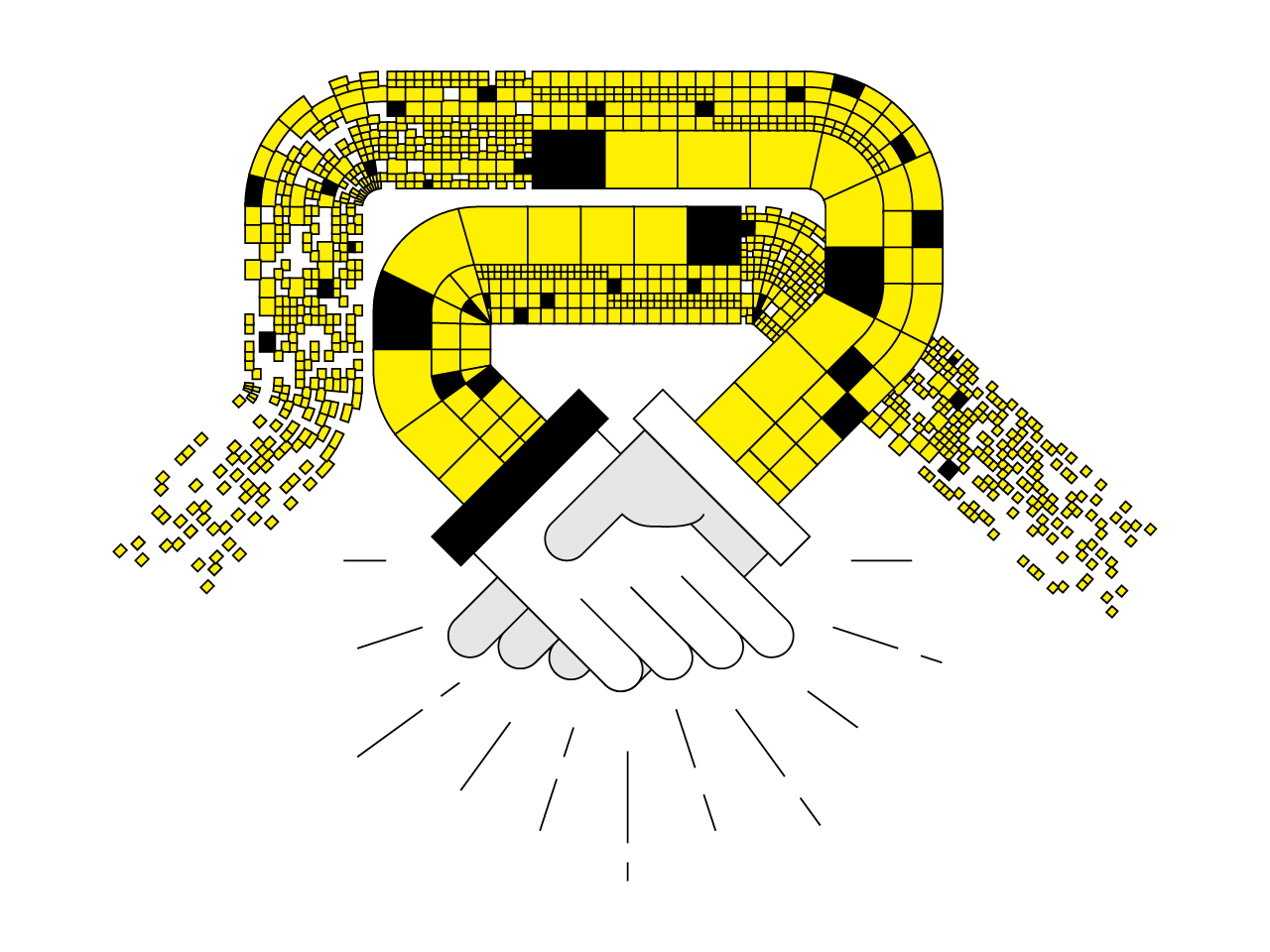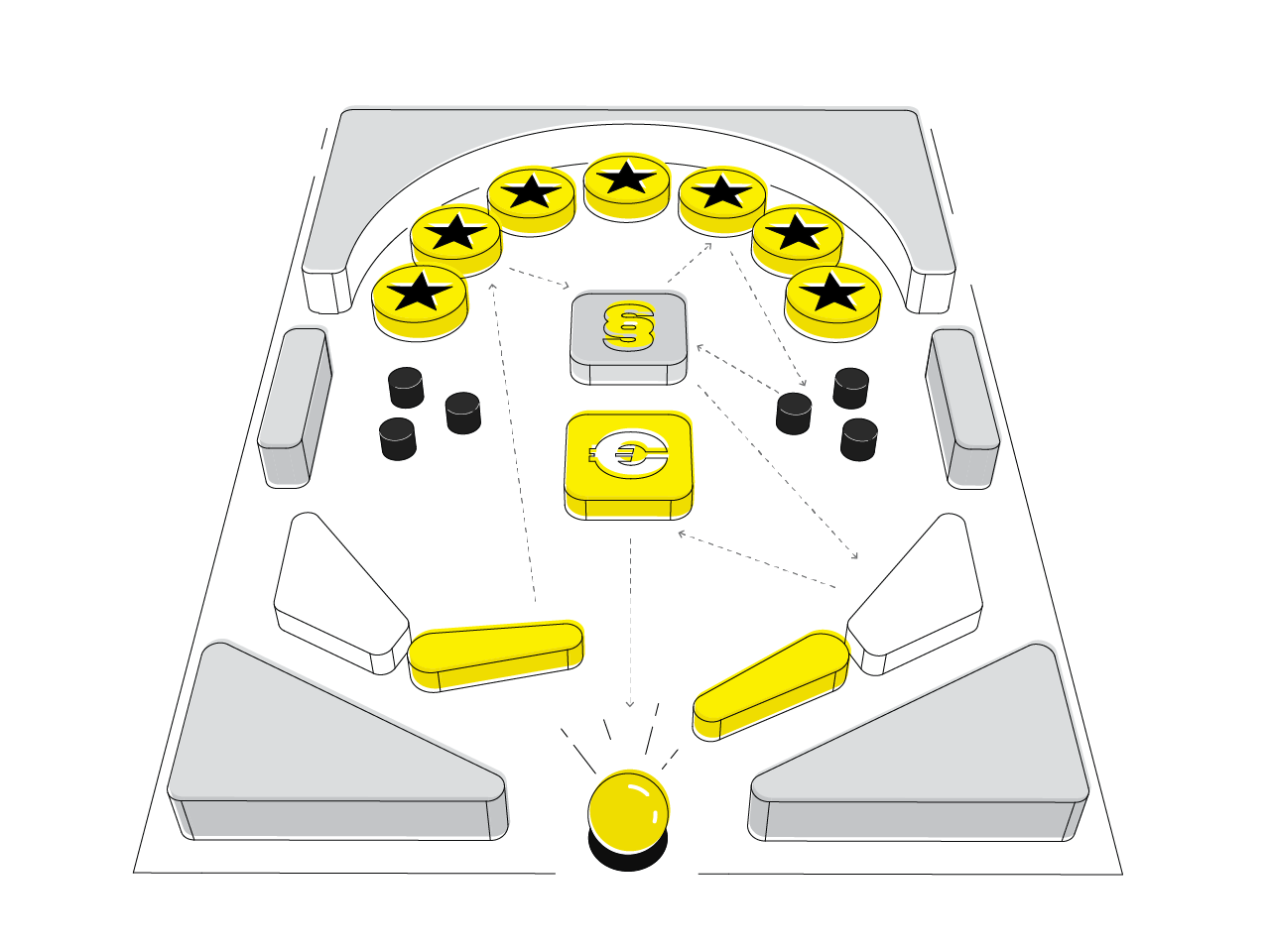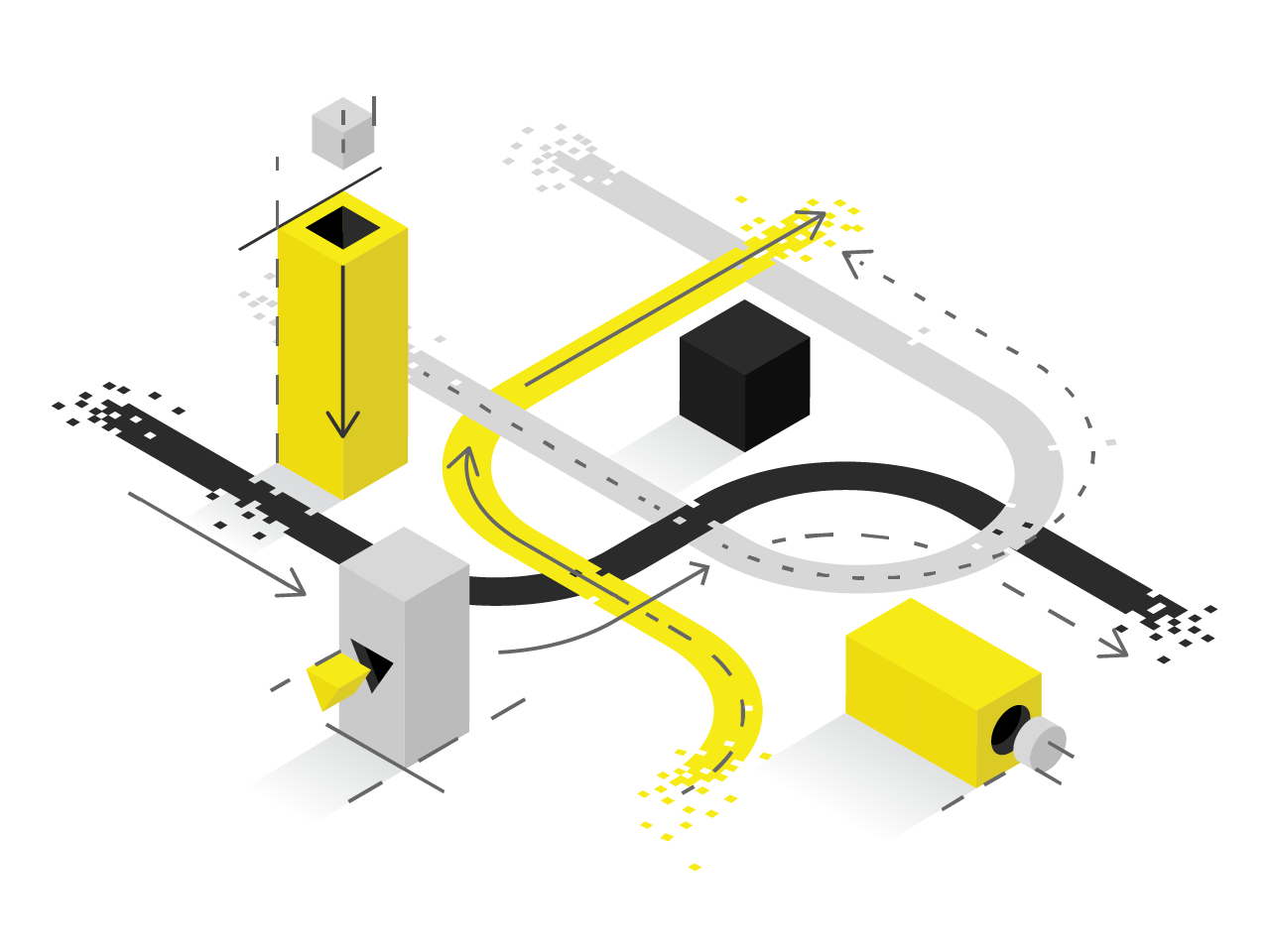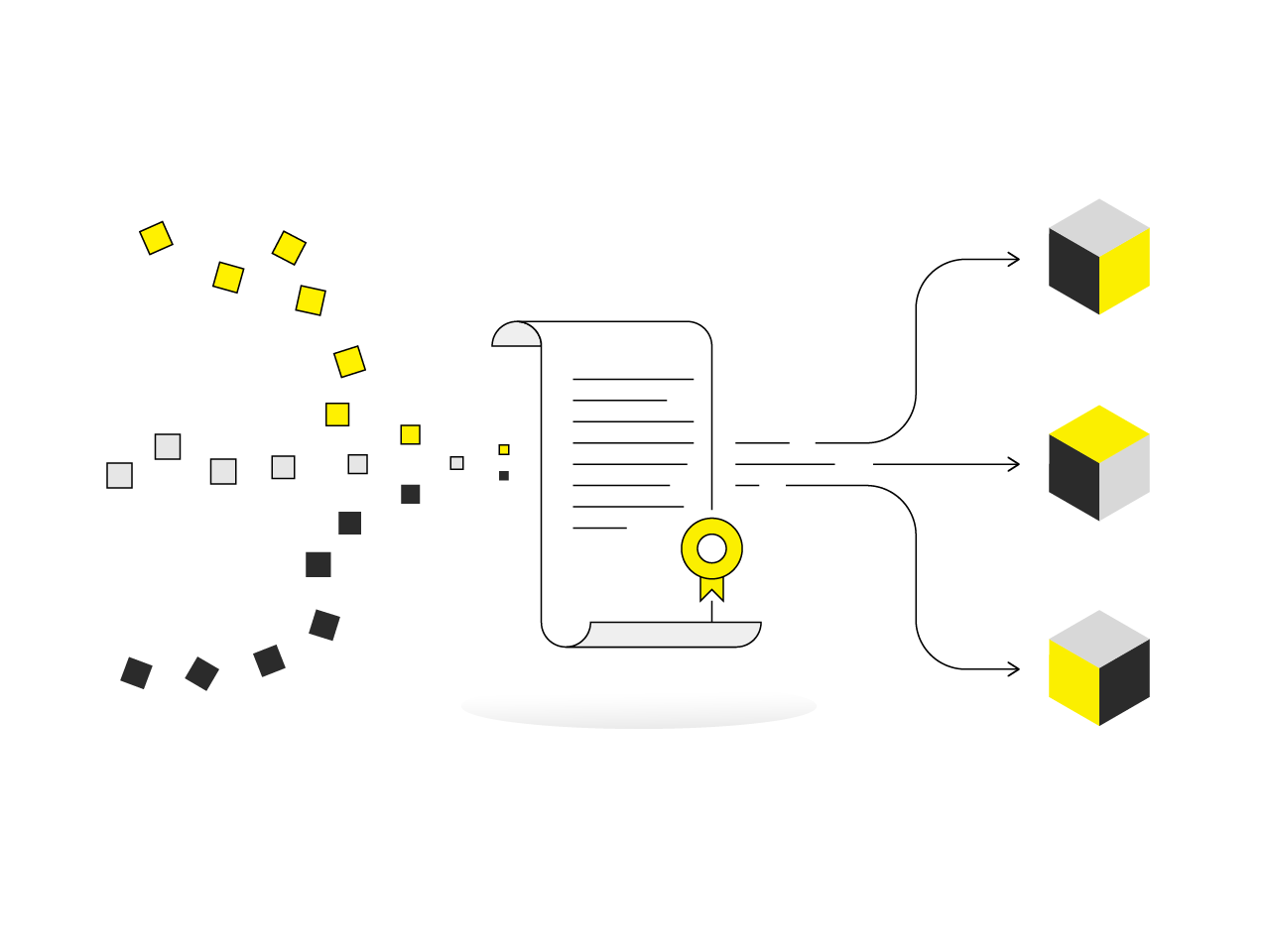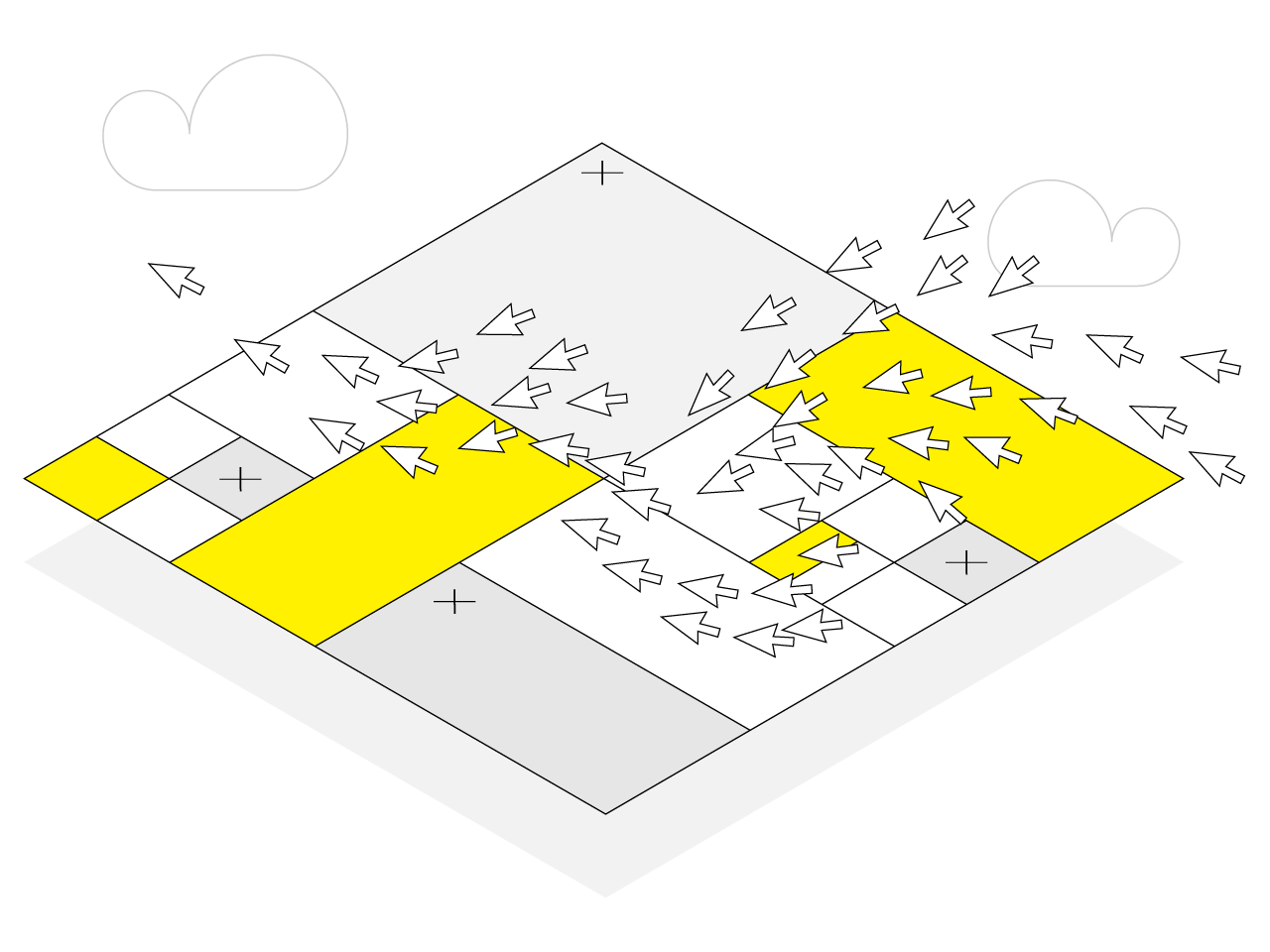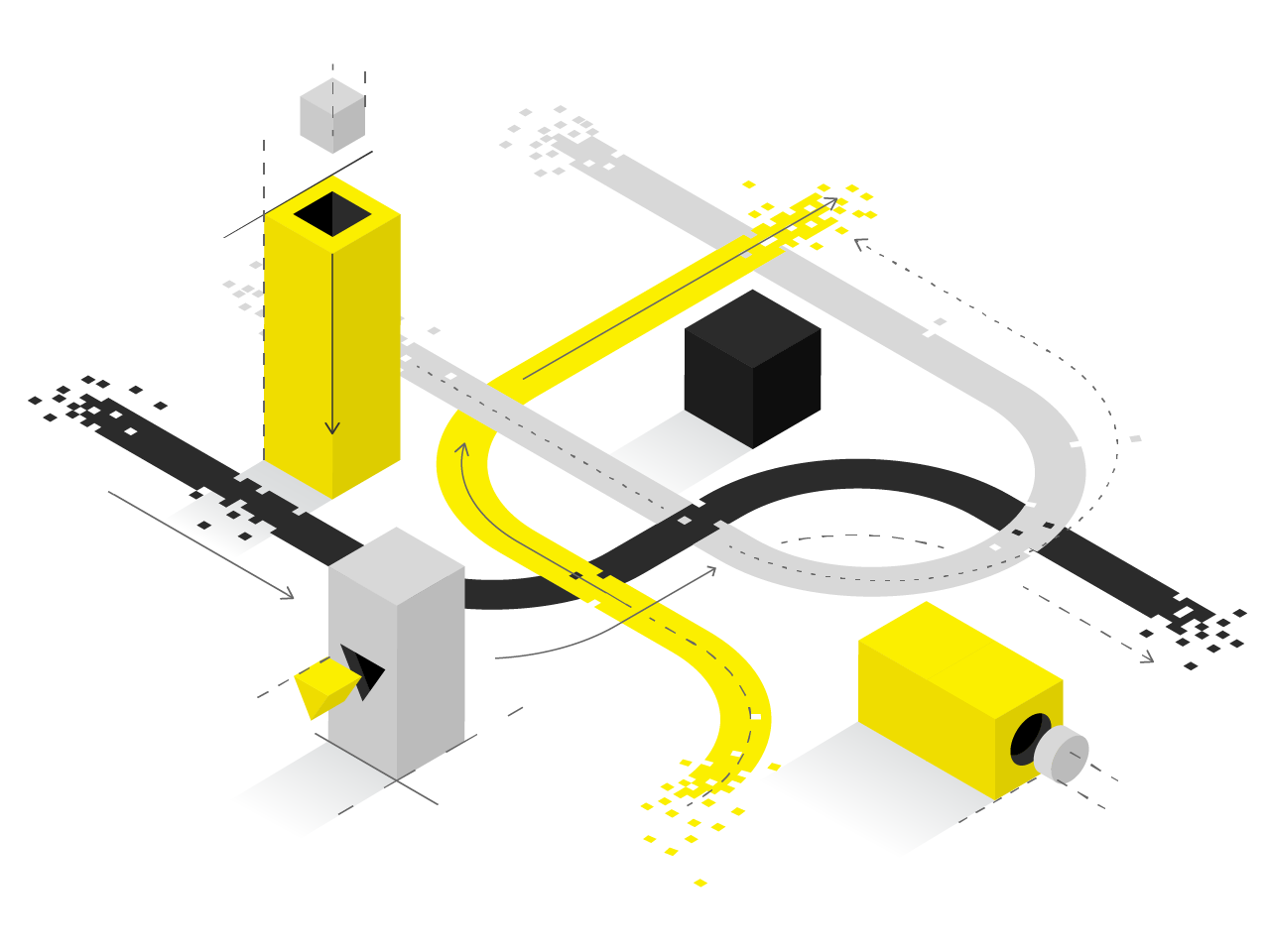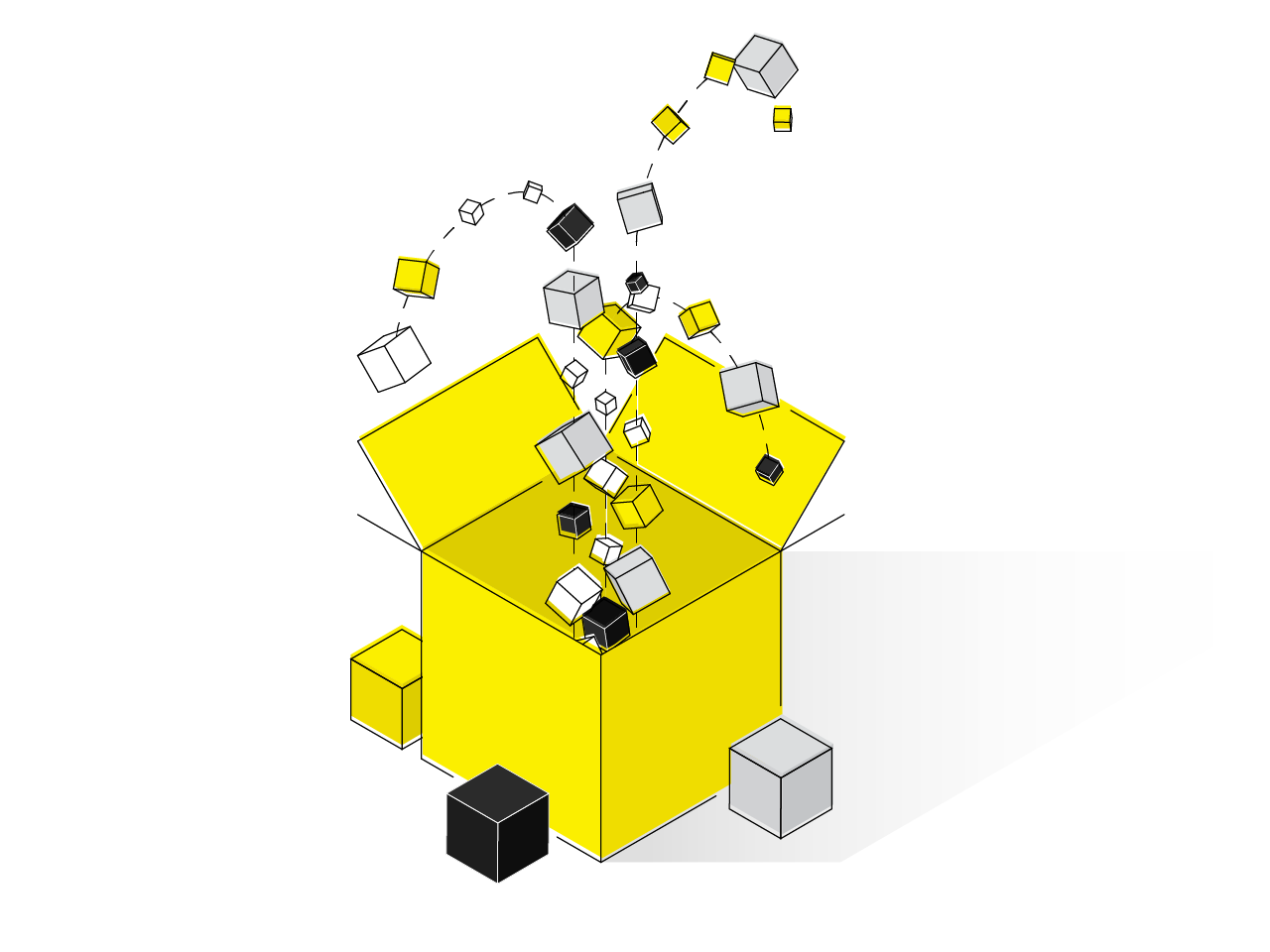Blog
Toward sustainable and non-exploitative resource management
Together with the Environmental Coalition on Standards, we will carry out research on the environmental costs of Europe’s data centers and the need to reduce energy consumption in the digital economy.
Common Corpus: building AI as Commons
At our April AI and the Commons community call, we heard from Pierre-Carl Langlais who talked about ways in which generative AI models can be designed and built as a Commons.
Is the EU serious about Digital Public Space?
Last week, netzpolitik published a story about the EU institutions closing shop on Mastodon and Peertube. The story is a litmus test for whether EU institutions are truly committed to the idea of a Digital Public Space and to addressing the challenge of a digital space dominated by a few corporations.
AI and the Commons: Participation in the AI Governance
During the last AI and the Commons call, we spoke to Tim Davies about including the public in AI governance. In his presentation, Tim talked about Connected by Data’s People’s Panel on AI.
How can the EU’s approach towards internet standards be improved?
“How can the EU’s approach towards internet standards be improved?” was the focal point of an Open Future roundtable event in February.
Signs of progress: Digital Public Infrastructure is gaining traction
Against the backdrop of private and public actors endorsing the concept of digital public infrastructure discourse, we clarify our approach and the role of “public” in our Public Digital Infrastructure work.
AI Act fails to set meaningful dataset transparency standards for open source AI
There is an urgent need to address the issue and set a clear standard for transparency with regard to AI training and access to training datasets. The European policymakers avoided answering the questions that could help ensure openness in the context of AI development.
AI and the Commons: Open Data Commons Licences and the issues of data governance
The post summarizes the AI and the Commons Community call focused on a recent paper by Melanie Dulong de Rosnay and Yaniv Benhamou.
Friction in AI Governance: Performing Participation
In this article, Nadia takes a closer look at and debunks a few popular participation practices.
“It’s infrastructure, stupid”
The Microsoft-Mistral partnership proves that without infrastructure independence, Europe’s digital sovereignty will remain just a pipe dream.
Raising the Bar for Germany’s Tech Diplomacy
Germany's new international strategy supports open internet foundations and global digital infrastructure but still lacks ambition and clear commitments for a society-centered digital transformation.
